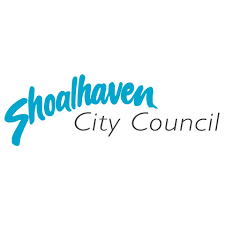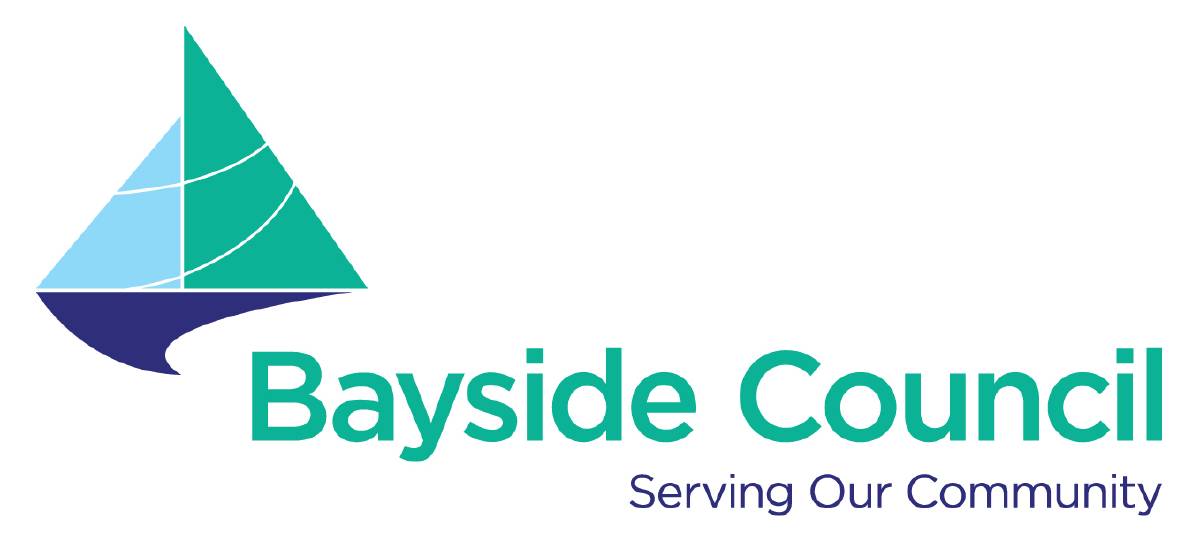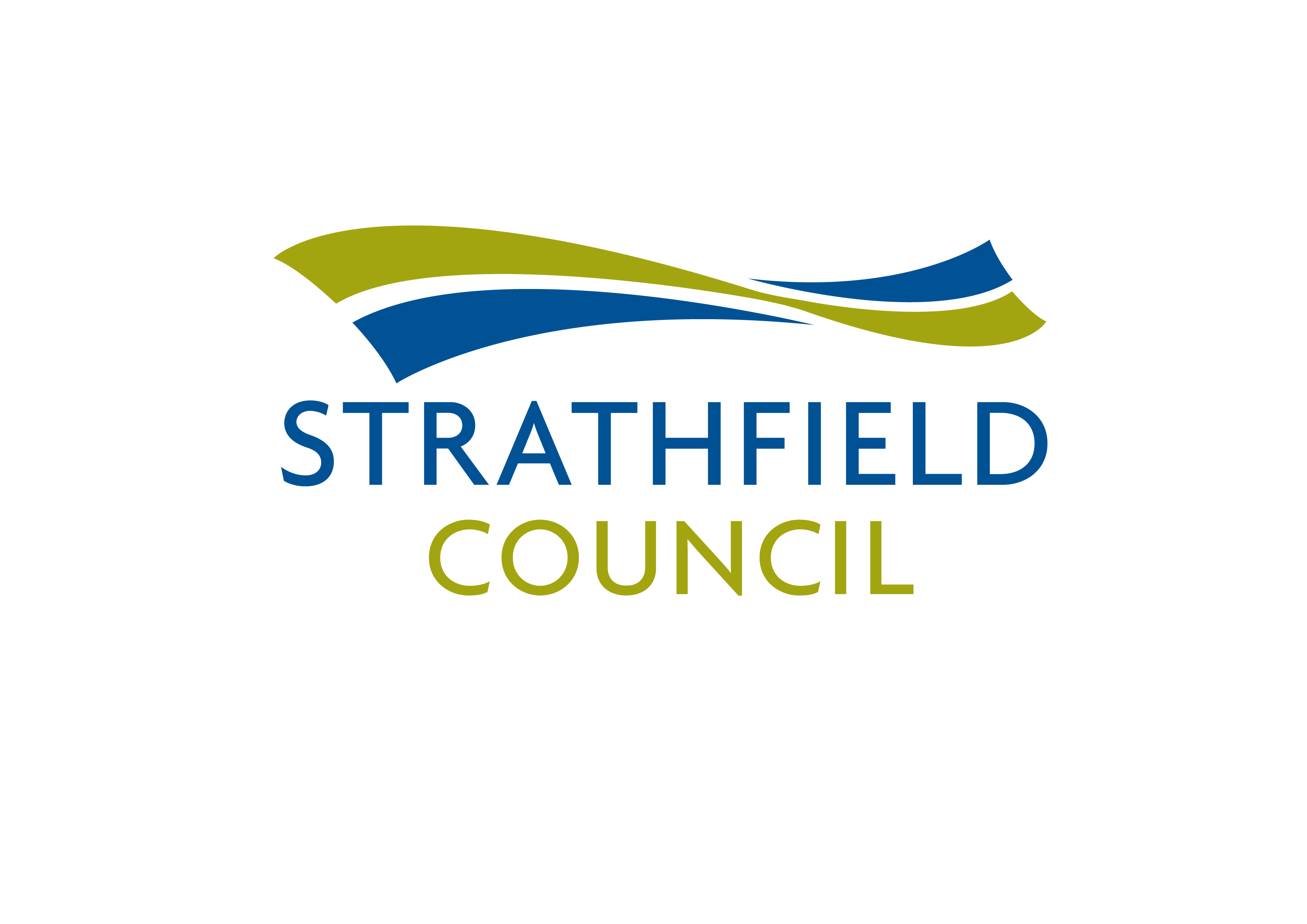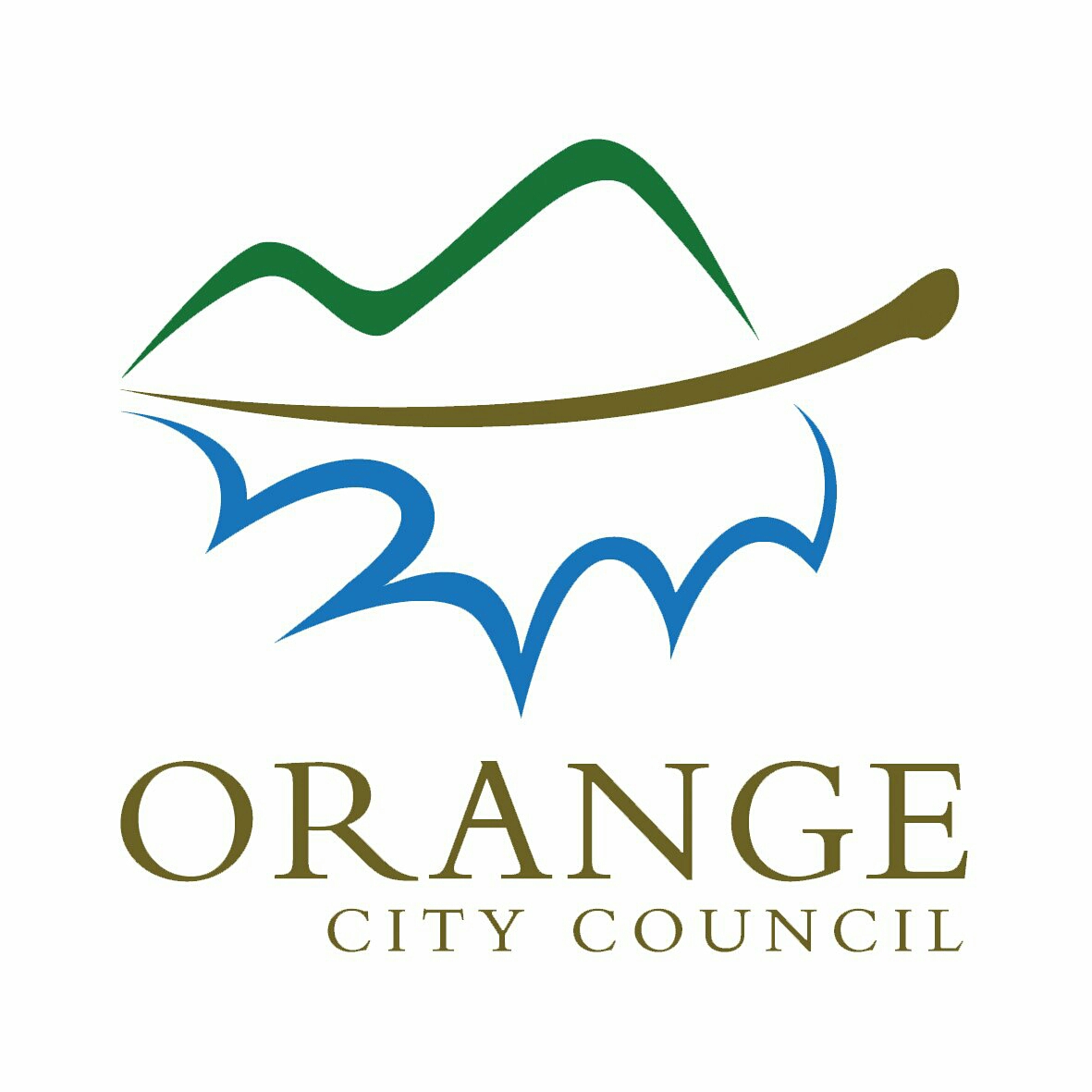Information
-
Audit Title
-
Client / Site
-
Address
-
Phone Number
-
Trim File No.
-
Conducted on
-
Inspection Result
- Satisfactory
- Unsatisfactory
- Unsatisfactory - reinspection required
Business details
-
Proprietor
-
Email
-
ABN
-
Person interviewed
-
Inspection type
-
Procedures
- Tattooing
- Body piercing
- Cosmetic tattooing
- Manicure/Pedicure
- Beauty Therapy
- Waxing
- Micro-dermabrasion
- Electrolysis
- Dry needling
- Body modification
- Colonic lavage
-
Other
Premises - Local Government (General) Regulation 2005 and Public Health Skin Penetration Regulation 2012
-
Is the premises clean and hygienic
-
Fixtures and fittings are in a good state of repair, smooth, impervious and capable of being easily and effectively cleaned
-
Facilities that are adequate for the purpose of keeping beauty treatment appliances and utensils clean.
-
Equipment clean, dry and in good working order
Handwash - Local Government (General) Regulation 2005 and Public Health Skin Penetration Regulation 2012
-
Hand wash basin is provided with clean, warm, potable water through a single spout
-
A supply of liquid soap (or an alcohol-based hand cleaner) is available
-
Single-use towels or an automatic hand dryer is available
Equipment cleaning sink - Public Health Skin Penetration Regulation 2012
-
Premises equipped with a separate sink that has a supply of clean, warm water for cleaning equipment
Hygiene - Public Health Skin Penetration Regulation 2012
-
Hands washed between clients
-
Single use gloves used for skin penetration procedures (exemption for waxing)
-
Clean linen and gowns or aprons are available?
Linen (NSW Health Best Practice Fact Sheet)
-
Towels or other types of linen used for covering or protection during the procedure is clean at the start of each treatment
-
Linen is washed in detergent and hot water
Waste (Clause 23 & Clause 25)
-
Waste disposal bin provided
-
Sharps disposed into sharps container immediately after use
-
Licensed contractor used for the collection and disposal of sharps waste
Cleaning and Sterilisation (Clause 26)
-
Soiled and clean equipment are stored separately
-
Hospital grade disinfectant used
-
Detergent and water used to clean articles
-
Physical or mechanical action used when cleaning equipment ( i.e. scrubbing)
-
Rinsed with warm or hot water
-
Dried with lint free cloth or in drying cabinet
-
All reusable instruments that penetrate the skin sterilised
-
Items sterilised off site
Use of needles, sharps and other skin penetration articles (Clause 27)
-
Needles, sharps or other skin penetration articles used
-
All needles are single use
-
Packaged items in good condition
-
Storage of packaged items in clean, dry area, away from sunlight
-
Needles/sharps are disposed of in the appropriate sharps container immediately after completing the procedure
-
Cuticle Cutters in use
-
Are the cuticle cutter sterilised correctly
Sterilisation of articles (Clause 26)
-
Premises sterilises articles using bench top steriliser
-
Is there manual recording of the steriliser or print out recorder (as per the Regulation and AS 4815:2006)
-
All items packaged appropriately
-
Training in use of steriliser
-
Records of sterilisation including date, time, temperature and pressure levels, level of time autoclaved
-
Sterilisation records kept for 12 months
-
Maintenance records and annual performance validation of steriliser
-
Date Validated and name and address
Use of Ink and Pigments (Clause 29)
-
Ink and pigments used
-
Liquids/gels are dispensed into single use containers
Waxing (Clause 30)
-
Premises conducts waxing
-
Wax, and any instrument used to apply the wax (such as a spatula), immediately disposed of after use
Inspection results
-
Forms to be submitted to Council
- Autoclave service report
- Records of sterilisation
- Business registration form
-
Inspection rating
-
Follow up
- Warning letter
- Reinspection
- Improvement notice
- PIN
- Prohibition order
-
Comments
-
Owner/Employee Signature
Council details
-
Name of officer
- Thelma Marr - 4429 3445
- Melissa Moyle 4429 3391
- Bethany Meehan 4429 3430
- Tom Roose 4429 3202
- Kamran Khodaverdi 4429 8935
- Greg Howarth 4429 8928
- Mark Sneesby 4429 3466
-
Officer Signature
-
Phone: (02) 4429 3610
Fax: (02) 44221816
Email: council@shoalhaven.nsw.gov.au












